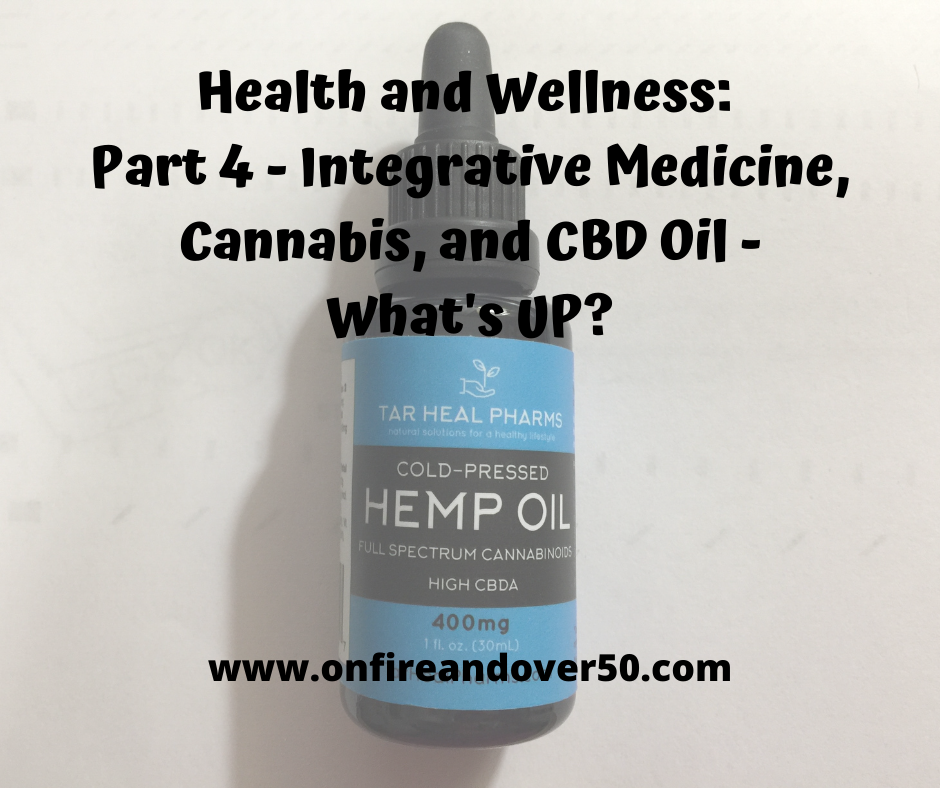While it appears that cannabis and CBD oil have positive outcomes for most ailments, there are other considerations. Those other considerations are the reason for the slow progress in the legalization or non legalization of these substances.
As with alcohol, the legalization meant that there needed to be new laws in regard to drinking and driving. There had to be an enforceable age limit to purchase. There had to be rules put in place to protect the person drinking and also the public.
Cannabis is a botanical that offers a lot of therapeutic potential. Due to the nature of cannabis, it has not been accepted widely as a medicine. Cannabis is basically one of two kinds - hemp and marijuana. The latter has a high Delta-9-tetrahydrocannabinol (THC) level and thus makes the consumer "high", similar to alcohol and other mind altering medications.
The psychoactive component of cannabis, THC, was approved for the treatment of chemotherapy related nausea and vomiting in 1986. It has also been found to help with sleep, mood, and anxiety.
There is no published human trial data for it's use in tumor/cancer treatment. However, there is data on it's effectiveness for tumor/cancer treatment on rodents that shows promise.
The future of cannabis as a tumor/cancer treatment may be just around the corner. In the meantime, it still remains the most effective treatment of cancer treatments and symptoms of treatments.
Cannabidiol oil (CBD oil) is a whole other thing. Most pure CDB oils contain little to no THC. Without the THC it does not produce any psychoactive symptoms. This is why it is approved for use without a prescription or legal requirements. You can purchase CBD/Hemp oil over the counter almost anywhere and everywhere. However, the purity of this oil can vary greatly depending on how it was produced, so going to reputable dealer is the safest choice when purchasing.
Some of the reported benefits of CBD/Hemp oil are: relief from pain (most types, while some are resistant), nausea, seizures, anxiety, sleeping issues, and a host of other ailments.
I have family members and friends who use CBD/Hemp oils and all of them have told me that it changed their lives. A few have lived with certain pains (hip, shoulder, knee, etc.) for years and no longer feel any pain. A few have had difficulty falling and staying asleep and now sleep soundly.
The positive effects of CBD/Hemp oil are numerous and no one reports of any negative side effects.
Does this mean it works for everyone? No.
Hemp Oil is described as cannabis with a very low THC content (0.3% or less according to the recently passed 2018 Farm Bill). It is considered an industrial resource that is used for paper, clothing, biofuel, and consumable oils.
CBD/Hemp oil has been found to be safe for normal use, but the long term effects are not known. Time will reveal if this "miracle" in a bottle has any negative long term effects. As of this writing, it looks as though there are no negative side effects to be found.
CBD oil is mixed with a "carrier" oil that dilutes the horrible flavor of the hemp to make it easier to take. If you use straight Hemp oil, you will find that it tastes really bad. When mixed with a carrier oil, you take it by a dropper full (either a full or a portion of the dropper), if you take the pure Hemp, you take it by a single drop at a time.
Pure Hemp is potent and you don't want to take more than you need.
The expense is the biggest hurdle to vast majority of the population using it. For example, good CBD oil (not the questionable stuff found in gas stations for $20 a bottle) can run $60 to over $500 a bottle.
A bottle of CBD oil can usually last from 6 weeks to 90 days. A bottle of pure Hemp can cost about the same, but it lasts 3 to 4 times as long.
Most people find it hard to afford good CBD oil or pure Hemp. Hopefully, over time and with increased competition, the cost will come down without affecting the quality.
Difference between
Hemp oil and CBD oil:
"CBD oil is made using either hemp or cannabis.
The difference is hemp is bred to be highly fibrous for industrial use and
contain minimal THC to comply with law,
whereas cannabis is bred for its diverse cannabinoid content."
Reference: www.cannabis.info/en/blog/difference-cbd-oil-cannabis-oil
The true value of cannabis, CBD, or Hemp is still to be determined. If you ask people who use these substances, most will say “yes, it helps me”, however, a few will say “No, it didn't do anything for me.” Time will prove the value and uses for these once taboo alternative medicines and their effectiveness.
Given that the long term effects of CBD oil are not yet known, would you be willing to try it? Do you use CBD oil for anything now? If you were diagnosed with cancer or another serious disease would you be willing to give CBD oil an chance to help with the side effects of your other treatments? What do you think of all the hype surrounding what CBD oil can or can't do? Please share your thoughts on this “wonder” drug?
XOXO

 RSS Feed
RSS Feed